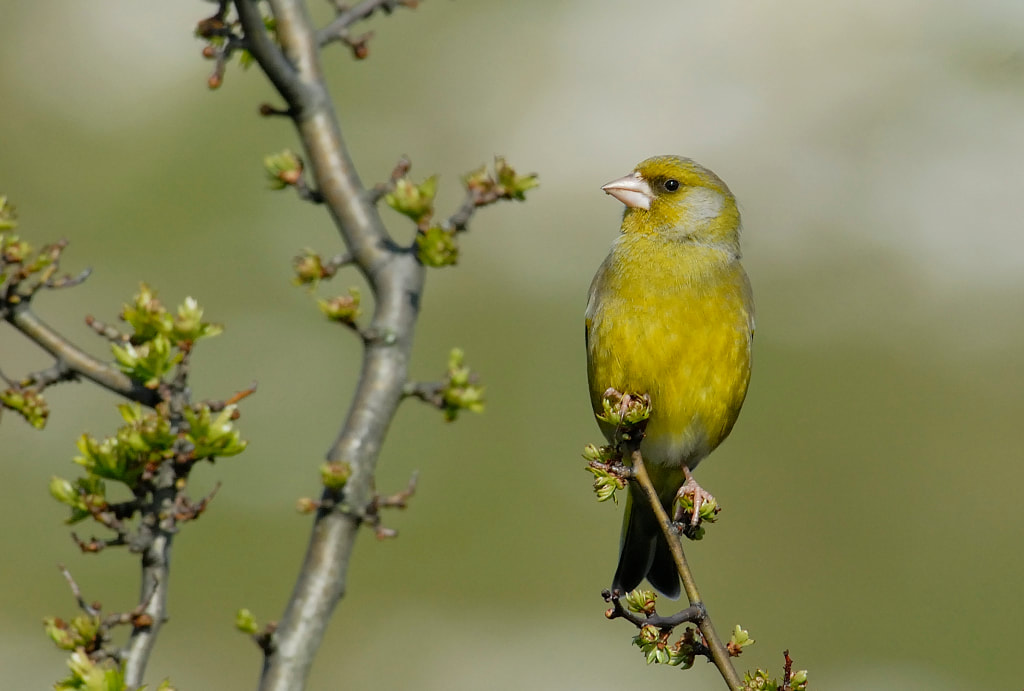|
Publication of the latest Birds of Conservation Concern shows that 70 of the UK’s 245 regularly occurring bird species are now on the Red List, almost twice as many as in the first assessment in 1996. Most are placed on the Red List because of severe declines, having halved in numbers or range in the UK in recent decades. The ‘traffic light’ assessment by government agencies and charities is revised every five years.
Swift and Wheatear are among the summer visitors added to the Red List following alarming declines, their populations in Wales decreasing more rapidly than the UK average. They join other migrants, such as Cuckoo and Wood Warbler, already on the Red List. Several winter visitors have also been added to the Red List, including Bewick’s Swan. The forthcoming annual report by the Welsh Ornithological Society will show that not a single one of these Siberian-breeding swans was seen in Wales in 2020. The familiar Greenfinch has moved directly from the Green to the Red List after a population crash (71% in Wales since 1995) caused by a severe outbreak of the disease trichomonosis, an infection spread through contaminated food and water. Garden owners can help slow transmission rates by suspending feeding if ill birds are seen and ensuring that garden feeders are cleaned regularly. Rook is also moving from the Green to Amber List, but its decline – by more than half since 1995 - is more rapid in Wales than elsewhere. There is better news for a few species, including Song Thrush, Grey Wagtail and Pied Flycatcher, which have been moved from Red to Amber owing to less severe declines. Red Grouse, Mute Swan and Kingfisher have moved from Amber to Green owing to improvements in their European status, or the UK no longer holding internationally important numbers. The report, published today in the journal British Birds, was compiled by the Birds of Conservation Concern partnership, comprising the British Trust for Ornithology, Game and Wildlife Conservation Trust, Joint Nature Conservation Committee, Natural England, Northern Ireland Environment Agency, Natural Resources Wales, NatureScot and the Royal Society for the Protection of Birds.
0 Comments
Leave a Reply. |
Bird notesA weekly update of bird sightings and news from North Wales, published in The Daily Post every Thursday. Archives
July 2024
Categories |

 RSS Feed
RSS Feed
